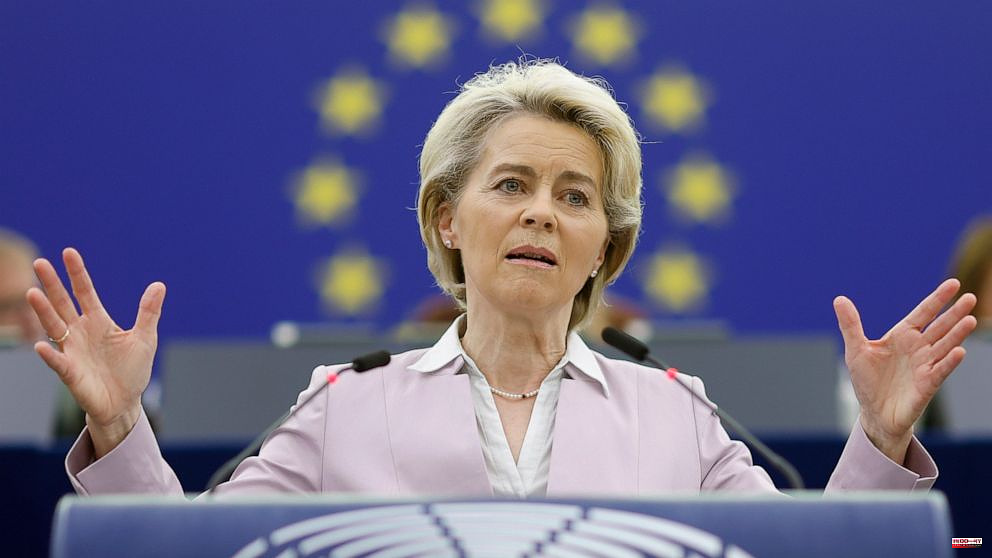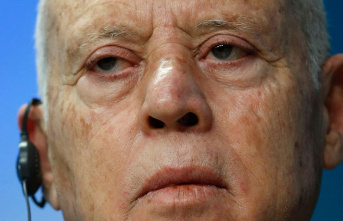BRUSSELS -- Wednesday's decision by the European Parliament to ban cars with a combustion engine in the middle decade of the next decade could make the future of European car transport clearer and more transparent.
The vote scheduled for the European Union assembly later in Strasbourg (France) is part of EU draft legislation that aims to accelerate global warming efforts. Around 12% of European greenhouse gas emissions are caused by climate change can be attributed to cars.
One provision would require automakers to reduce carbon-dioxide emission by 100% by 2035. This would be equivalent to an EU ban in that year for new gasoline- or diesel-powered cars.
Some political voices and the car industry are calling for a gradual transition to fully-electric fleets. A 90% reduction in CO2 emissions by 2035 is a possible compromise.
A proposal to cut CO2 emissions from cars by 55% in 2030, compared with 2021 is also on the table. EU law requires that carmakers reduce CO2 by an average of 37.5% in 2030, compared to last year.
Whatever decision the 705-seat Parliament makes on stricter emission-reduction targets, the final EU agreement will be reached only if the governments of EU countries give their verdict within the next weeks or months.
The European package of legislation proposes a law to clean up cars. It would reduce EU greenhouse gas emissions by 55% by 2030, compared with 1990, rather than the previously agreed 40%.
These cuts would be largely due to power plants and factories. These two sectors are protected in the EU from the greenhouse gas emissions of cars by an EU emissions-trading program that each year lowers the total supply permits.
The EU parliament had failed to move this section of the climate package on Wednesday due to a disagreement over the pace at the which some emission permits should be allocated free of charge, and not auctioned. The assembly requested that its environment committee reopen the matter's deliberations. The EU parliament was also forced to delay its verdicts on two other initiatives.
One is the creation a Social Climate Fund that will assist vulnerable households in coping with the clean-energy overhaul. This issue has become more political sensitive since the Russian war in Ukraine, which has pushed fuel prices skyrocketing.
The Carbon Border Adjustment Method, a new import tax, is the second. CBAM, a new tool for the EU that allows it to increase the prices of certain imported goods (including steel and aluminum) that are not subject to climate-protection cost.
------
Follow all AP stories on climate change at https://apnews.com/hub/climate.












